Shanghai Jiaotong University
Institute of Medical Robotics
Center for Image-guided Therapy and Interventions
CITI
Introduction

The Center for Image-Guided Therapy and Interventions is one of the ten centers of the Institute of Medical Robotics (IMR), Shanghai Jiao Tong University (SJTU), and was established on January 1, 2019. The center focuses on the development and transformation of minimally invasive precision medical technology for major diseases such as tumor, cardiovascular and stroke. There are three PIs in the center, including a "Cross-century Outstanding Talent of the Ministry of Education" and "Shanghai Shuguang Scholar". Its projects include the construction of a public platform for the medical imaging in SJTU and a public computing platform for deep learning in IMR. The center currently purchases equipment worth 25 million yuan, including a 1.5T magnetic resonance scanner, a digital blood vessel silhouette machine, a three-dimensional Doppler ultrasound scanner and a DGX-2 deep learning computing platform.
Group Head
Biography
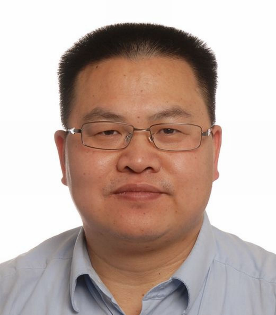
Guoyan Zheng received his B.S. and M.S. degrees in Biomedical Engineering in 1992 and 1995, respectively from The First Military Medical University (Now renamed as Southern Medical University), and Ph.D. degree in Biomedical Engineering in 2002 from The University of Bern, Switzerland. Since 2019, he has been at the Shanghai Jiao Tong University where he is currently a professor at the School of Biomedical Engineering, and the Director and the founder of the Center for Image-guided Therapy and Interventions (CITI), Institute of Medical Robotics. Before he joined the Shanghai Jiao Tong University, he worked at the University of Bern for almost 20 years, first as a PhD student, then as a post-doc until 2004. In 2005, He founded the Lab Of Information Processing in Medical Interventions (IPMI) and directed the Lab until the end of 2018. In 2010, he did his habilitation on medical image computing and received the venia decendi from the University of Bern. He also holds the title of Privatdozent (PD) at the same university. He became an Associate Professor of the University of Bern in 2015. He was a visiting professor in the Image-based Computational Biomedicine Lab at the Nara Institute of Science and Technology from May 2018 to June 2018.
Education

University of Bern, Switzerland
Habilitation, 2010.11
University of Bern, Switzerland
PhD Biomedical Engineering, 1999.9 - 2002.12
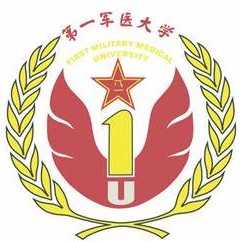
Southern Medical University, Guangzhou, China
MSc Biomedical Engineering, 1992.9 - 1995.7
Southern Medical University, Guangzhou, China
BSc Biomedical Engineering, 1988.9 - 1992.7
Employment History
2019.01 - , Full Professor, School of Biomedical Engineering, SJTU
2015.05 - 2018.12, Associate Professor, Medical Faculty, University of Bern, Switzerland
2010.11 - 2018.12, Privatdozent (PD), Medical Faculty, University of Bern, Switzerland
2005.01 - 2018.12, Group Leader, Medical Faculty, University of Bern, Switzerland
2003.01 - 2004.12, Post-doc, Medical Faculty, University of Bern, Switzerland
1999.03 - 1999.08, Engineer,University of Bern, Switzerland
Editorial Boards and Peer Review
IEEE Transactions on Medical Imaging, Associate Editor
Neural Networks, Associate Editor
IEEE Transactions on Biomedical Engineering, Associate Editor
IEEE Journal of Biomedical and Health Informatics, Associate Editor
Journal of Computerized Medical Imaging and Graphics, Associate Editor
International Journal of Computer Assisted Radiology and Surgery, Editorial Board Member
Regular reviewers for Journals: Medical Image Analysis, IEEE Transactions on Medical Imaging, Scientific Reports, …
Regular reviewers for Conferences: MICCAI, IPMI, IPCAI, ISBI, …
Peer Review for Funding Agencies: Medical Research Council, The United Kingdom; Ministry of Business, Innovation & Employment, New Zealand
Membership
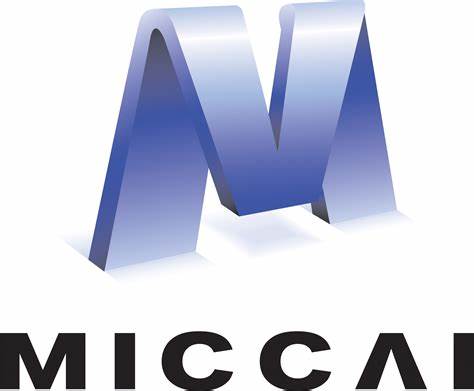
Medical Image Computing and Computer Assisted Interventions (MICCAI), 2018
Member of Board of Directors
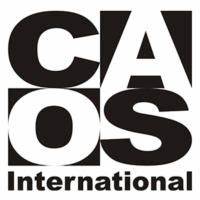
International Society of Computer Assisted Orthopaedics Surgery, 2018
Member of Executive Committee
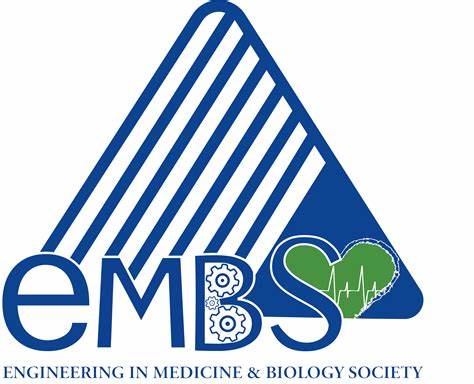
IEEE Engineering in Medicine and Biology Society (EMBS), 2005
Member
Conference Organization
Program Committee member for MICCAI 2013, 2015, 2016, area chair for MICCAI 2017, 2019, 2020, 2022, and tutorial co-chair for MICCAI 2023
The General Chair of International Conference on Medical Imaging and Augmented Reality (MIAR 2016), Bern, Switzerland, August 24-26, 2016
The General Chair of 2014 Sino-Swiss Symposium on Medical Technology, Bern, Switzerland, August 18-19, 2014
The General Co-chair of International Conference on Medical Imaging and Augmented Reality (MIAR 2013), Nagoya, Japan, Sep 21-22, 2013.
Member of organization team for various MICCAI Workshops. MICCAI 2015 and 2016
Workshop and Challenge on Computation Method and Clinical Applications for Spine Imaging (CSI 2015, 2016 / 2018); MICCAI 2017 and 2018
Computational Methods and Clinical Applications in Musculoskeletal Imaging (MSKI 2017-2019)
Research Interest

Dr. Zheng’s current research interests include medical image computing, computer assisted interventions, medical robotics, AI, machine learning and deep learning. He has conducted both basic and translational research. His research is multi-disciplinary and collaboration by nature. His research has been supported by the Swiss National Science Foundation, the Swiss Commission for Technology and Innovation, non-governmental foundations such as AO Research Foundation, hospitals, and companies such as BrainLAB, etc. Dr. Zheng has served on numerous programs and organizing committees of international conferences. He was the General Chair for the 2016 International Conference on Medical Imaging and Augmented Reality, and was on the Program Committee for MICCAI 2013, 2015-2018, and 2019. He is also a member of the Board of Director of the International Society of Medical Image Computing and Computer Assisted Interventions (MICCAI Society), and a member of the Executive Committee of the International Society of Computer Assisted Orthopaedic Surgery (CAOS). He served as regular reviewers for journals such as Medical Image Analysis, IEEE Transactions on Medical Imaging, etc. He is an associate editor for various journals including IEEE Transaction on Biomedical Engineering, IEEE Journal of Biomedical and Health Informatics and the Journal of Computerized Medical Imaging and Graphics.
Achievement

Dr. Zheng has published over 225 peer-reviewed conference and journal papers, and was awarded 8 international patents. He edited three books which were published by Springer and Elsevier. He has won more than 10 national and international awards including the Best Paper Award in the 2018 International Conference on Image Analysis and Recognition (ICIAR'18), the 2018 Annual Conference of International Society of Computer Assisted Orthopaedic Surgery (CAOS'18), the MICCAI 2017 International Workshop on Machine Learning in Medical Imaging (MLMI'17), the Shape Modeling Grand Challenge Award in the 2014 International Conference on Statistical Shape Modeling (Shape'14), the Poster Award in the 2014 International Conference on Computer Assisted Radiology and Surgery (CARS'14), the Best Basic Science Paper published in the Journal of Laryngology and Otology in year 2011, the 2009 Ypsomed Innovation Prize on Research and Development, the Best Technical Paper Award in the 2006 Annual Conference of the International Society of Computer Assisted Orthopaedic Surgery (CAOS 2006), and the Best Paper Award in the 2005 Annual Meeting of Society of Skeletal Radiology.
Information
Services
| 1 | Acquisition of CT, MR and Ultrasound images |
| 2 | Research and development of medical image analysis algorithms |
| 3 | Research and development of image-guided intervention software and systems |
| 4 | Provide intelligent diagnosis and therapy solutions based on machine learning and deep learning |
| 5 | Provide clinical translational services |
Modules
| 1 | Medical image acquisition module |
| 2 | Research and development module of medical image analysis algorithms |
| 3 | Research and development module of image-guided intervention software and systems |
| 4 | Research and development module of intelligent diagnosis and therapy solutions based on machine learning and deep learning |